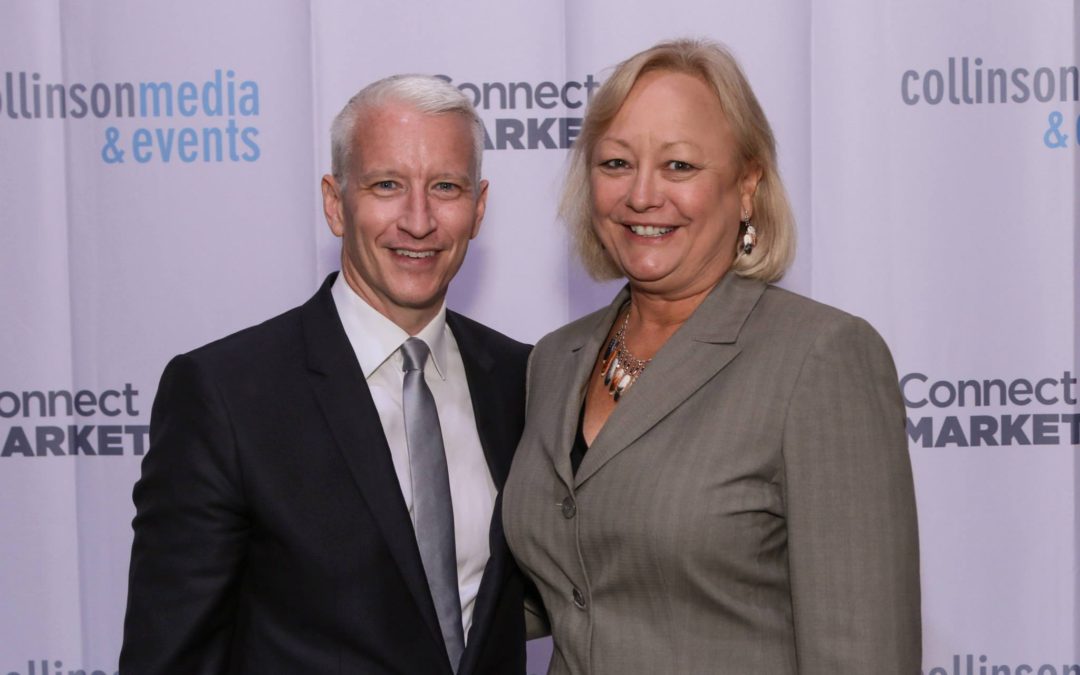My Mom used to say to my five siblings and me: “Be careful with what you say and what you do, for whatever you choose reflects on our family name and reputation.” Looking back, I realize she provided us with early training on the natural personal branding process—such wisdom! Personal branding is about building up and maintaining your name and reputation so that people will do business with you.
As a child, I clearly understood that positive words and actions would protect my reputation—and please my parents—while negative choices would hurt my image and that of my family. It was also very clear that it was my duty and responsibility to my family to help preserve its reputation. A core value was instilled to support self-branding, the core value of representing a group first—your family or your company—followed by your individual or personal brand.
Why is your reputation important in your industry? Most people agree that there is a direct correlation between a person’s reputation and his or her professional success and, ultimately, a company’s bottom line. How effectively you represent yourself in public often determines what you will accomplish in your career—and your life. Your name can open—and close—doors for you, and guarding your self-brand should be a priority.
Managing Behavior
Consider how you behave at industry events. How do you handle yourself at conventions and meetings? Are you attentive to your alcohol consumption? Do you respect the dress codes? Are you so hung-over in the mornings that you can’t attend workshops? Also keep in mind that your actions aren’t the only things that can harm your reputation. Inappropriate or careless remarks can also have a negative impact. I was attending an industry function where a colleague left his coat behind and returned later to retrieve it. Another colleague said to him in a derogatory tone, “I saw you return to the party. What, you couldn’t get enough to drink before?”
The speaker’s comment led those around him to believe he was insensitive and a gossip. Incidents like this may seem harmless enough, but what if you were trying to decide whether or not to do business with this person? Because he’s shown himself to be insensitive, rude and untrustworthy, his credibility as a business associate is questionable; a salesperson forgot to hang up the telephone after leaving a message on my voice mail. He was not pleased that I was unavailable to take his call. His comments gave me great insight into his reputation and left me with the perception that the company tolerates such behavior. I refuse to do business with this person and the company.
We know there is a direct correlation to the bottom line when employees sense inconsistency between what the boss says and what the boss does, as recently noted in Harvard Business Review by Tony Simons, an associate professor at Cornell University’s School of Hotel Administration. The results were stunning: a hotel’s profitability increased by 2.5 percent annually when the employees worked for a manager they trusted. More and more companies are looking for any hints about a person’s reputation before hiring. Although employers still complete reference checks, increased weight and influence are being placed on informal conversations. Why? Because a company’s good brand could disappear in a second.
Earn credibility, don’t expect it
What people say about you really matters. It is very difficult to achieve your goals with a tarnished reputation. How many of your  colleagues will do business with you if they don’t trust you? How often will your employer send you on a business trip before he or she realizes you are not bringing back valuable information. The bottom line is perception. What we think about each other is the foundation of any personal or business relationship.
colleagues will do business with you if they don’t trust you? How often will your employer send you on a business trip before he or she realizes you are not bringing back valuable information. The bottom line is perception. What we think about each other is the foundation of any personal or business relationship.
You must work hard at building credibility so others are confident about doing business with you. One way to earn credibility is to keep your promises. Did you send the report? Did you return the telephone call?
Another way to earn credibility is honesty. Do you have a valid credential after your name or do you claim continuing education units for workshops you did not attend? Do you attend all the events for which you have sent a positive RSVP? Actions speak louder than words.
Decisions you make will reflect on many brands. These brands include your family name, your reputation, your company and your industry. Your personal brand will sell naturally, so make your brand work for you. Be careful about what you say and what you do, for whatever you choose reflects on your personal brand. Thanks, Mom for that life lesson.
Michele Wierzgac, MSEd, speaker and author, promises that you will leave her solution-driven keynotes and workshops with at least one passionate, life transforming, leadership tool – something that will change the way you seek out a solution and practically apply it without getting stuck.
Email Michele at michele@micheleandco.com or give her a call at (708) 710-7055!







